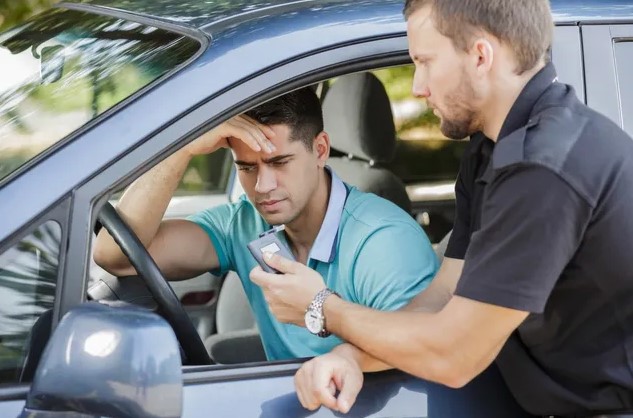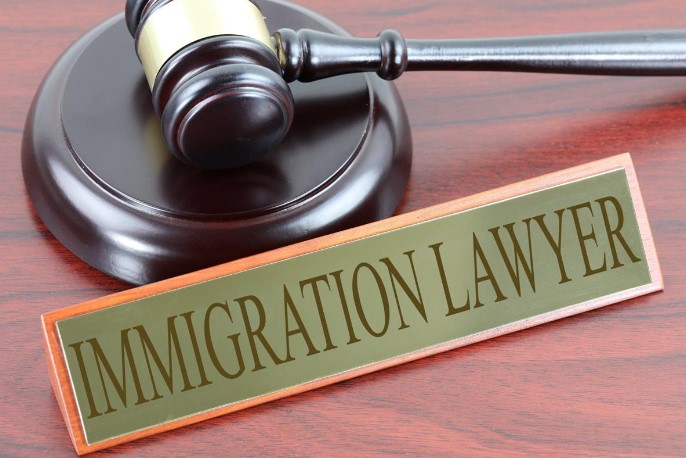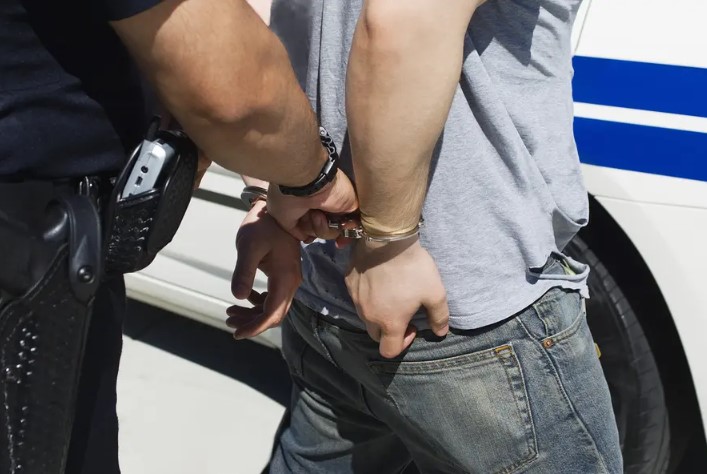A first time DWI in Missouri can lead to a fine and jail time. A convicted person could also face a license suspension through the Department of Revenue. Go now.
Drivers are presumed to consent to a breath, blood or urine test per Missouri’s implied consent laws. If they refuse, their driving privilege is revoked for one year.
Alcohol
When people consume alcohol, their ability to drive safely is significantly diminished. The state of Missouri law defines driving while intoxicated (DWI) as operating a motor vehicle with a blood alcohol content (BAC) level of 0.08% or higher.
In addition to a BAC limit, Missouri DUI laws also forbid individuals from being in actual physical control of a vehicle while intoxicated or under the influence of drugs and/or alcohol. Those under 21 years of age face different penalties, including the potential for license suspension and installation of an interlock device.
Police officers may request a driver to submit to a breath, urine or saliva test in order to determine their BAC. Missouri’s implied consent laws state that a motorist agrees to give such tests if they are lawfully arrested on suspicion of DWI. Refusing testing results in a year of license revocation. A DUI lawyer can help you challenge a refusal case or find a way to have the results suppressed.
Drugs
Although alcohol is the main substance that police officers charge people with DUIs, they can also charge people with driving under the influence of drugs (DUID). This includes illegal substances such as marijuana and cocaine but it can also include legal prescription or over-the-counter medications like cough syrup.
Officers can suspect that someone is under the influence of drugs based on erratic driving, pupil size, perspiration, pulse and injection marks. As with alcohol, drivers must comply with an officer’s request to provide a breath or blood test to determine their drug level. Refusing to do so can result in license suspension.
It is a good idea to avoid taking any medications that list drowsiness as a side effect before getting behind the wheel. In addition, it is wise to be aware that most police vehicles are now equipped with cameras. Police officers may record any conduct that leads them to suspect that you are drunk and may use the footage in court.
Driving While License Suspended or Revoked
If you are arrested for DWI and your license is suspended or revoked, the penalties are far more severe. A revoked license can prevent you from getting your license back for a very long period of time and may also require you to install an ignition interlock device on your vehicle.
A first offense DWI conviction is usually a Class B misdemeanor but can be a felony if you are under the age of 21 or have prior DWI convictions. Whether you face jail time or not, there is a chance you will be ordered to attend SATOP classes (Substance Abuse Traffic Offender Program).
After an arrest for DUI the officer will usually take your driver’s license and provide you with a paper temporary permit. You have 15 days to request an administrative review with the Department of Revenue if you want to challenge your suspension/revocation. A skilled criminal defense lawyer can often help you avoid jail time and keep your driving privileges.
Criminal Charges
Whether your state calls the offense driving while intoxicated (DWI), driving under the influence of alcohol or drugs, or something else entirely, the charges are serious. A conviction could mean jail time, fines, probation and even a suspended or revoked driver’s license.
A person commits a DWI offense in Missouri if they operate or are in physical control of a motor vehicle and have an excessive blood alcohol concentration, or BAC. The threshold is a BAC of 0.08%, although the law also makes it illegal to drive while impaired by any combination of alcohol or drugs, prescribed medications and/or illegal substances.
Missouri’s “implied consent” laws require motorists to submit to a breath, urine or saliva test if they are lawfully arrested for DWI. Motorists who refuse testing risk a one-year license revocation and/or six-month ignition interlock device requirement. A qualified DWI lawyer can raise various defenses to reduce or dismiss the charges against you. Unlike many states, Missouri does not strictly prohibit plea bargaining in DWI cases.



